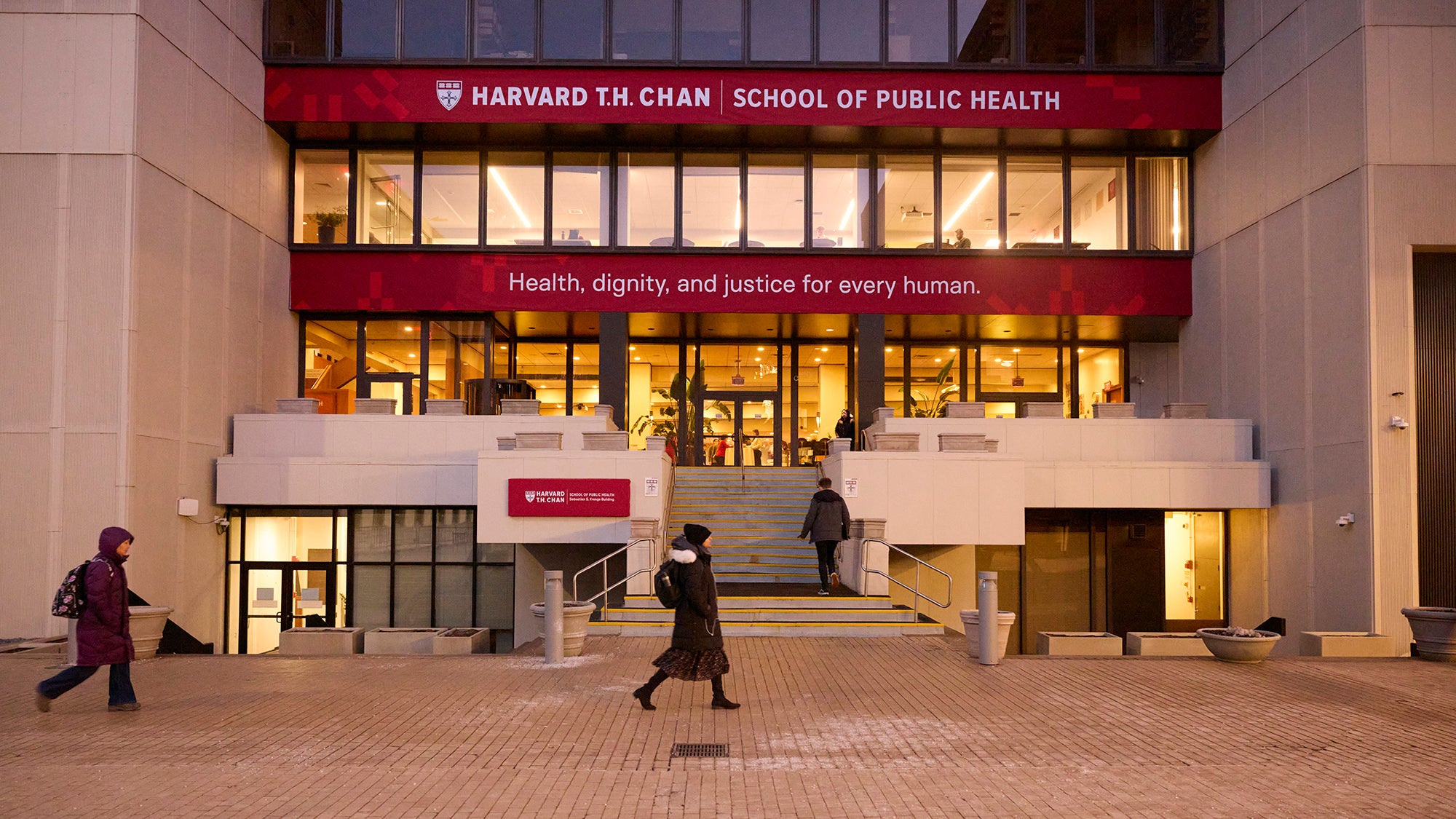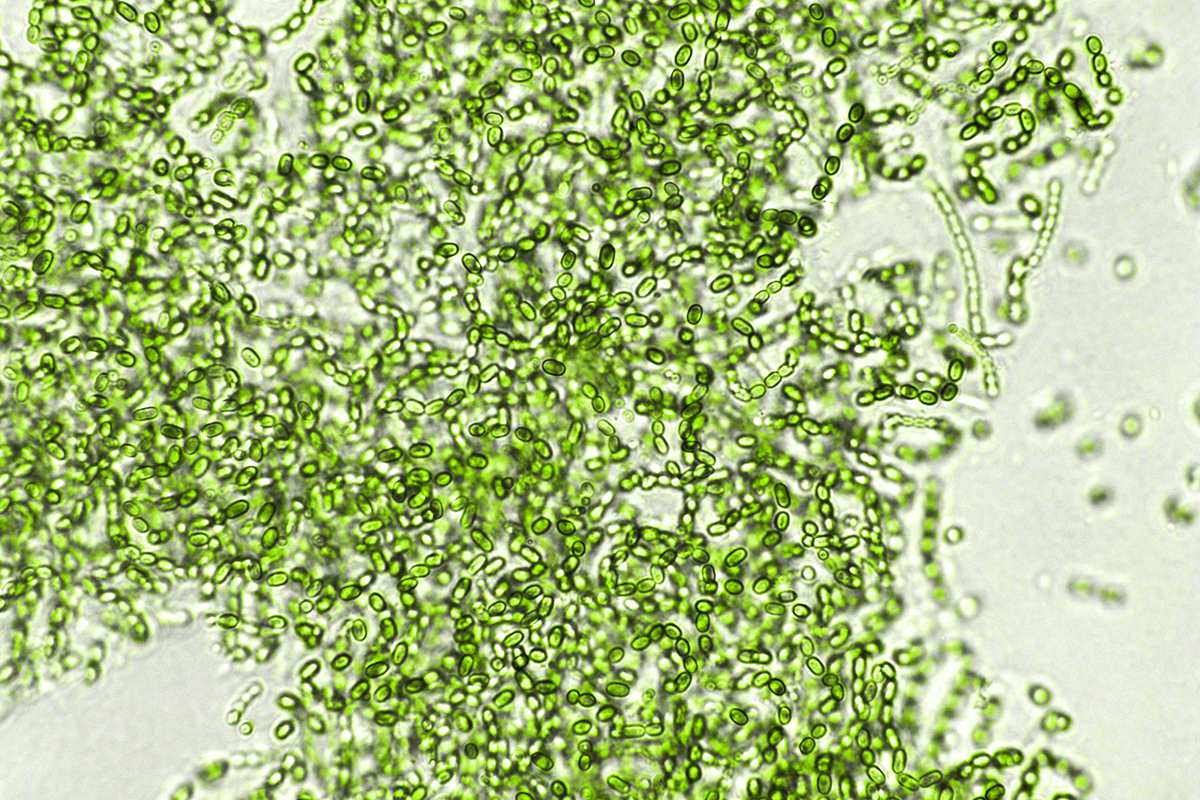Curtis Huttenhower
Professor of Computational Biology and Bioinformatics
Biostatistics, Harvard T.H. Chan School of Public Health
Departments
Department of Biostatistics
Department of Immunology and Infectious Diseases
Other Positions
Faculty Affiliate in the Department of Immunology and Infectious Diseases
Immunology and Infectious Diseases, Harvard T.H. Chan School of Public Health
Related Links
Biography
Research
Dr. Huttenhower’s research focuses on computational biology at the intersection of microbial community function and human health. The human body carries some four pounds of microbes, primarily in the gut, and understanding their biomolecular functions, their influences on human hosts, and the metabolic and functional roles of microbial communities generally is one of the key areas of study enabled by high-throughput sequencing. First, computational methods are needed to advance functional metagenomics. How can we understand what a microbial community is doing, what small molecule metabolites or signaling mechanisms it’s employing, and how its function relates to its organismal composition? Second, our understanding of the human microbiome and its relationship with public health remains limited. Pathogens have been examined by centuries of microbiology and epidemiology, but we know relatively little about the transmission or heritability of the normal commensal microbiota, its carriage of pathogenic functionality, or its interaction with host immunity, environment, and genetics. Finally, more broadly, novel machine learning methodology is needed to leverage structured biological knowledge in high-dimensional genomic data analysis. The Huttenhower group works on a variety of computational methods for data mining in microbial communities, model organisms, pathogens, and the human genome.
In practice, this entails a combination of computational methods development for mining and integrating large multi’omic data collections, as well as biological analyses and laboratory experiments to link the microbiome in human populations to specific microbiological mechanisms. The lab has worked extensively with the NIH Human Microbiome Project to help develop the first comprehensive map of the healthy Western adult microbiome, and it currently co-leads one of the “HMP2” Centers for Characterizing the Gut Microbial Ecosystem in Inflammatory Bowel Disease. This is one of many open problems in understanding how human-associated microbial communities can be used as a means of diagnosis or therapeutic intervention on the continuum between health and disease.
Education and Training
-
B.S., Computer Science/Math/Chemistry
Rose-Hulman Inst. of Tech. -
M.S., Computer Science
Carnegie Mellon University -
Ph.D. , Computer Science
Princeton University


